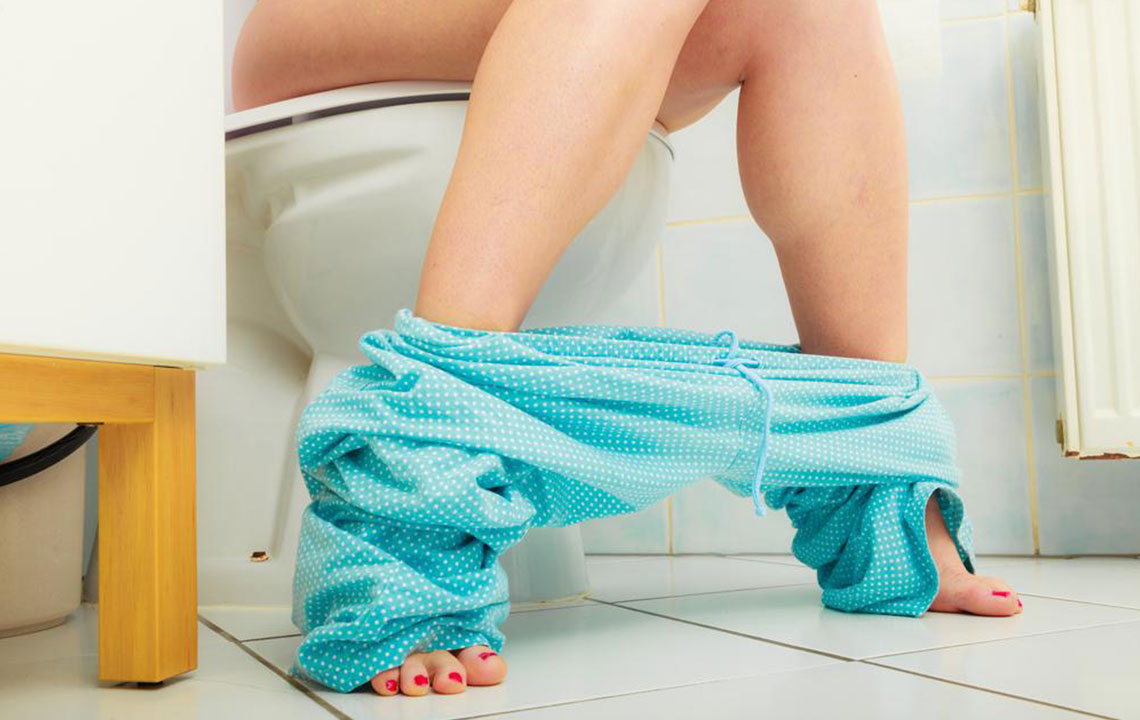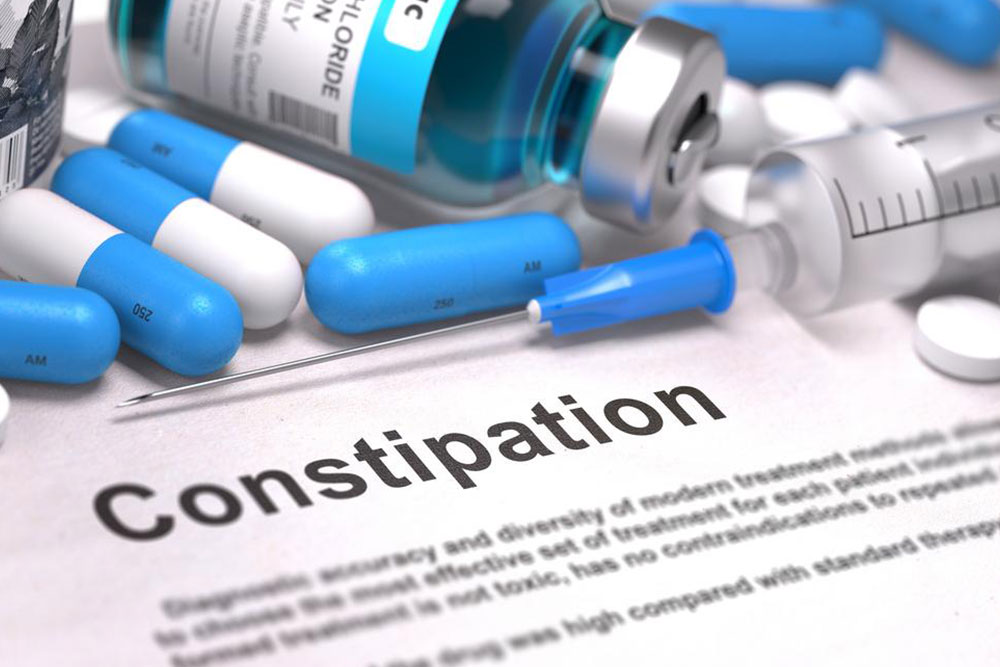Understanding Constipation: Causes, Risks, and Prevention Tips
This article offers comprehensive insights into constipation, covering its causes, symptoms, and practical prevention tips. Learn how diet, hydration, and lifestyle changes can help maintain healthy bowel movements and prevent discomfort. Understand common triggers like dehydration, stress, and medication to better manage or avoid constipation. Emphasizing natural remedies and healthy habits, the guidance aims to support overall digestive health and well-being.

Understanding Constipation: Causes, Risks, and Prevention Tips
Constipation is a common digestive disorder characterized by infrequent or difficult bowel movements.
Having fewer than three bowel movements weekly indicates constipation, which can affect anyone at any age. The primary cause is a low intake of dietary fiber, combined with inadequate hydration and ignoring the body's natural urge to defecate.
Many factors contribute to constipation, including dietary habits, lifestyle, and health conditions.
Common Causes of Constipation
Poor Diet: A lack of fiber-rich foods results in hard, dry stools. Excess consumption of animal fats and low fiber intake exacerbate the issue.
Dehydration: Insufficient fluid intake causes stools to harden, making bowel movements difficult.
Caffeine and Alcohol: Excessive intake leads to dehydration, further complicating bowel function.
Diet and Routine Changes: Extended alterations in diet or daily routines can slow down bowel movements.
Pregnancy: Iron and calcium supplements during pregnancy may cause constipation, often accompanied by abdominal pain or cramps.
Painkillers: Overuse dehydrates the body, reducing stool softness and frequency.
Stress: Emotional stress impacts hormonal balance, affecting digestion and bowel regularity.
Physical Inactivity: Lack of exercise leads to sluggish digestion and buildup of bad fats, resulting in irregular stools.
Excessive Laxative Use: Prolonged dependency hampers natural bowel function.
Depression: Mood disorders can slow down bodily processes, including digestion.
Preventive Measures
Include plenty of fruits and vegetables high in fiber in your diet.
Drink enough fluids—aim for 2-3 extra glasses of water daily to keep stools soft.
Start your day with warm water, which aids in stool softening.
Avoid unnecessary medications; opt for natural remedies or home treatments when possible.
Note: Our advice is for informational purposes; always consult a healthcare professional for medical issues. A healthy diet, proper hydration, and physical activity are key to preventing constipation.










